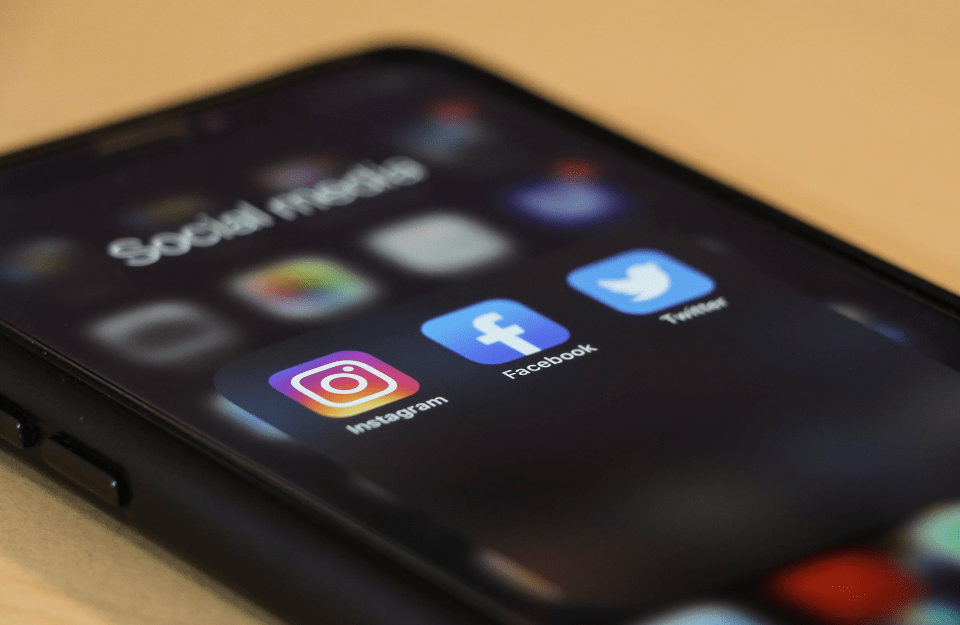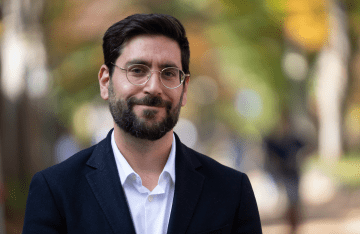New Study: Responses to Grief Predict Aggressive Tweets Among Gang-Involved Chicago Youth
An analysis of thousands of tweets identified two main themes in Twitter usage among gang-involved youth in Chicago.

Photo Credit: dole777 / Unsplash
Mounting evidence suggests a possible link between threats of violence on social media and real-world retaliations, fights, and shootings. In his research at the Columbia School of Social Work, Assistant Professor Desmond U. Patton has been working in collaboration with Columbia’s Data Science Institute to uncover possible links between social media communication, grief, trauma, and gang violence among youth in Chicago.
Dr. Patton and his research team recently identified two main themes in twitter communications among Chicago’s gang-involved youth: “loss” and “aggression”. They observed that responses to loss on twitter tend to precede aggressive posts.
And now Dr. Patton has completed a quantitative study to test these earlier findings. Published today in Nature Partner Journals Digital Medicine, his latest study consists of an analysis of thousands of tweets that had been aggregated from the network of a self-described Chicago gang member.
Dr. Patton’s team sorted the data for “loss” tweets—including response to grief and mentions of death and incarceration—and “aggression” tweets, including insults, threats, or mentions of physical violence.
Their quantitative analysis indicated not only that loss and aggression tweets are sequentially related, but that users who posted a loss tweet were significantly more likely to follow up with an aggressive tweet within two days.
The latest findings suggest there could be a window of opportunity to intervene before responses to grief on Twitter convert to aggression. If grief counseling as well as other mental health services and coping resources could be provided within the two-day interval following a loss tweet, youth might be dissuaded from engaging in more aggressive conversations on social media, which could spill out onto the streets in the form of physical altercations or gun violence.
“These findings are important because they underscore the idea that youth who live in neighborhoods with high rates of violence are initially using Twitter to cope with and respond to their lived experiences with trauma and grief,” Dr. Patton said. “We also see a pathway to aggressive conversations that we can identify and actually do something about.”
Dr. Patton’s co-authors for “Expressions of loss predict aggressive comments on Twitter among gang-involved youth in Chicago” are Owen Rambow, Jonathan Auerbach, Kevin Li and William Frey, all from Columbia University.
Dr. Patton directs his own research initiative called the SAFE Lab, with the mission of examining how youth of color navigate violence on- and offline. He is a 2017–2018 Fellow at Harvard’s Berkman Klein Center for Internet and Society, and the recipient of the 2018 Deborah K. Padgett Early Career Achievement Award from the Society of Social Work Research (SSWR). His Tedx Broadway talk on social media and gang violence is available to view here.



